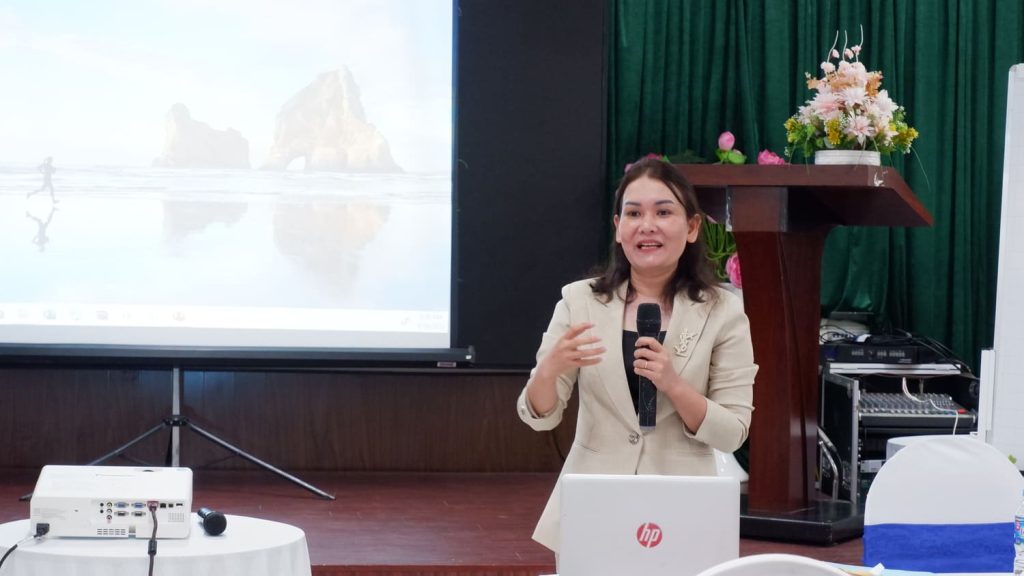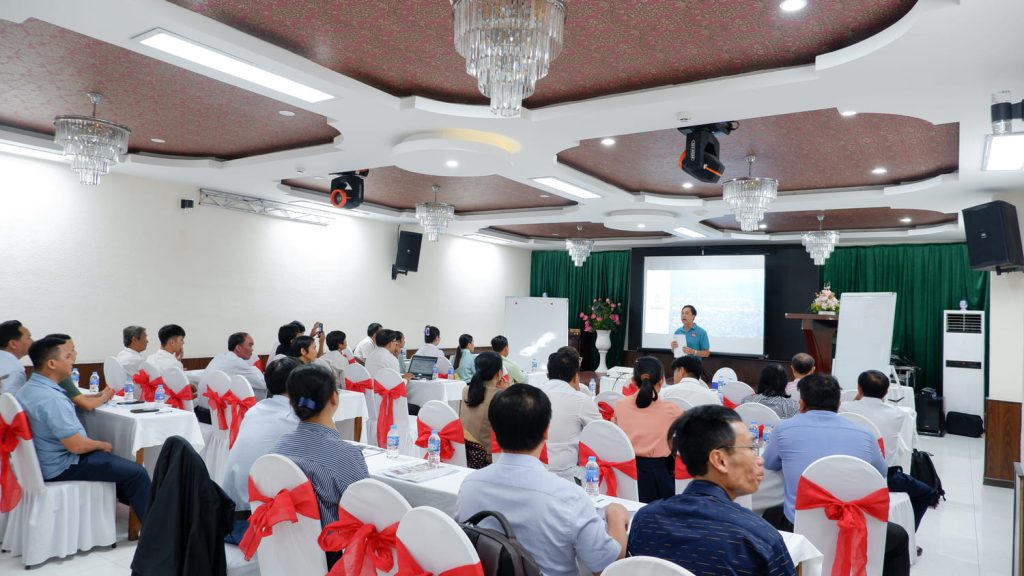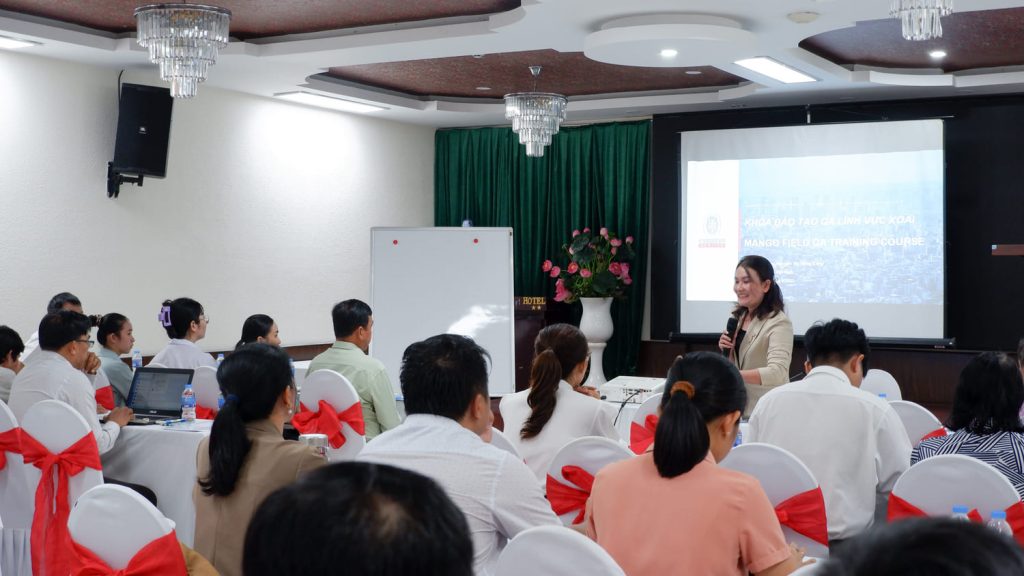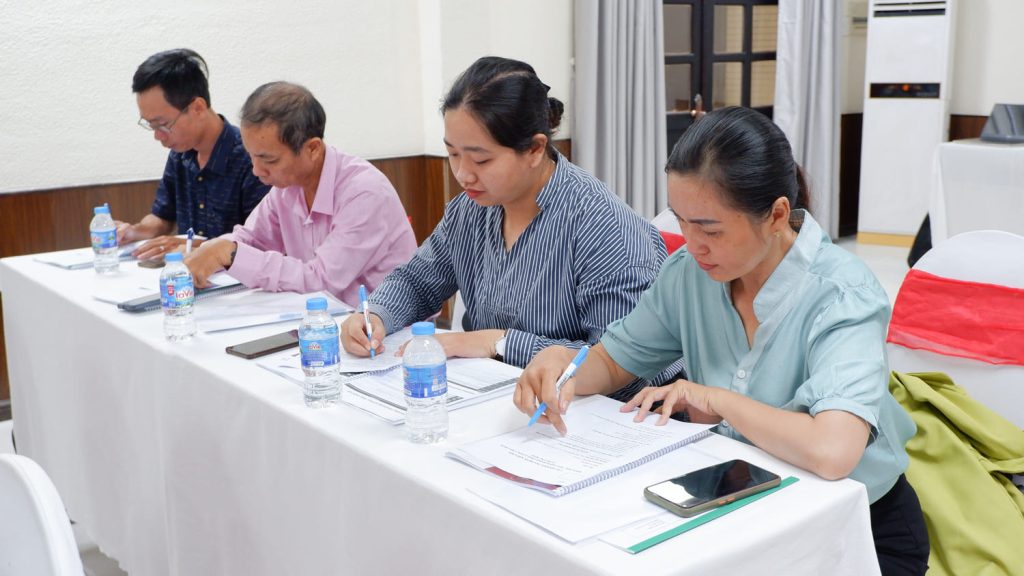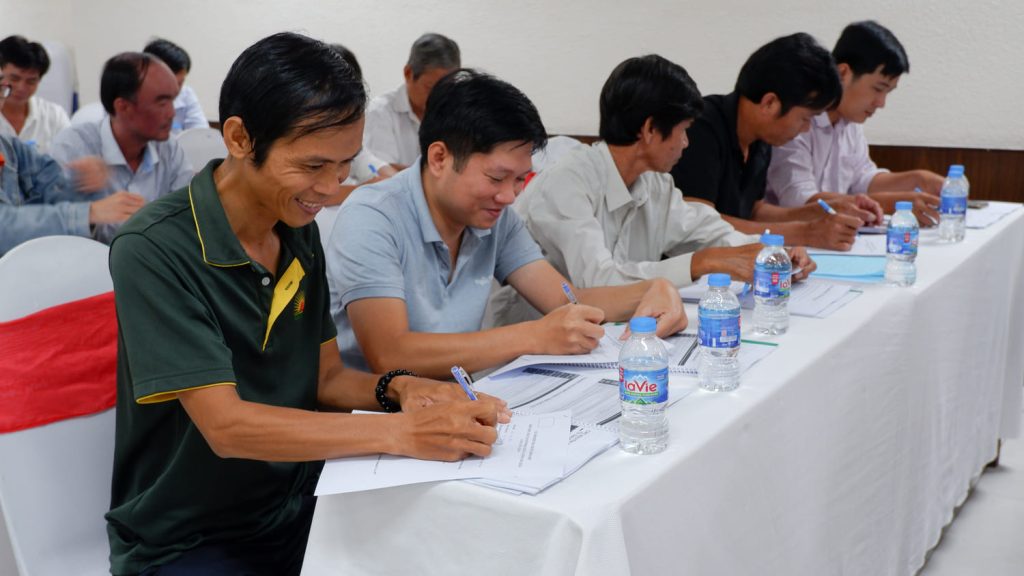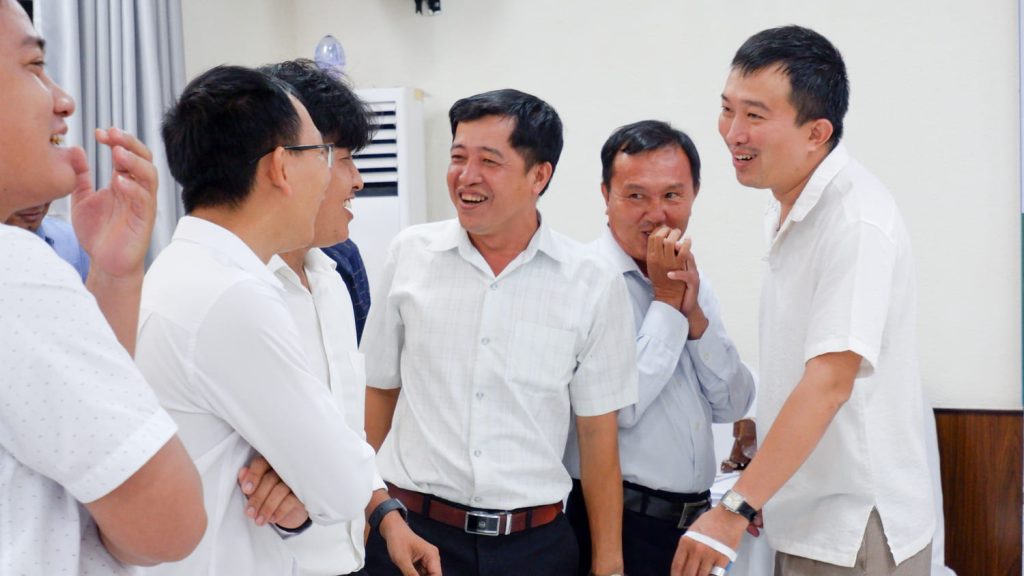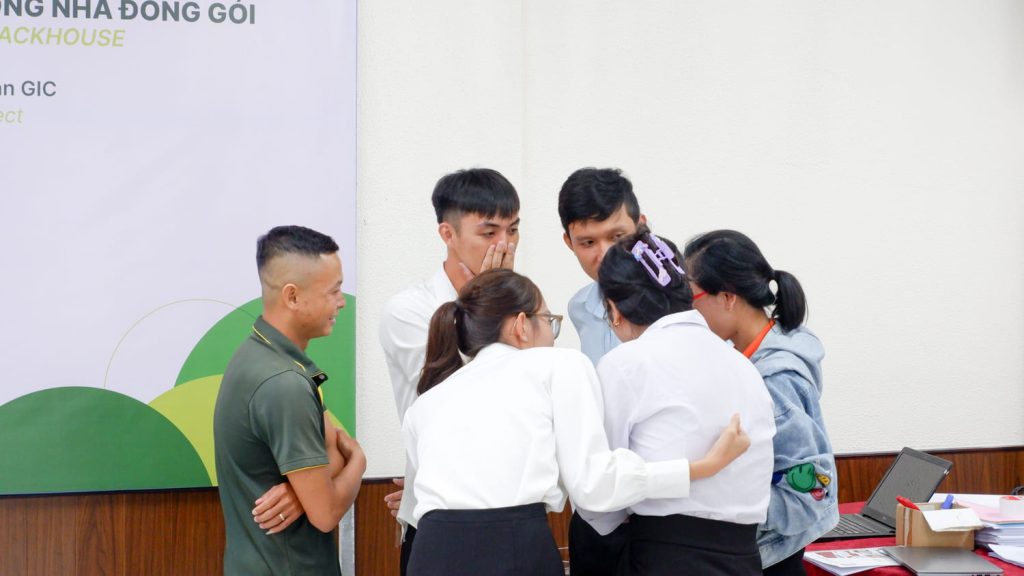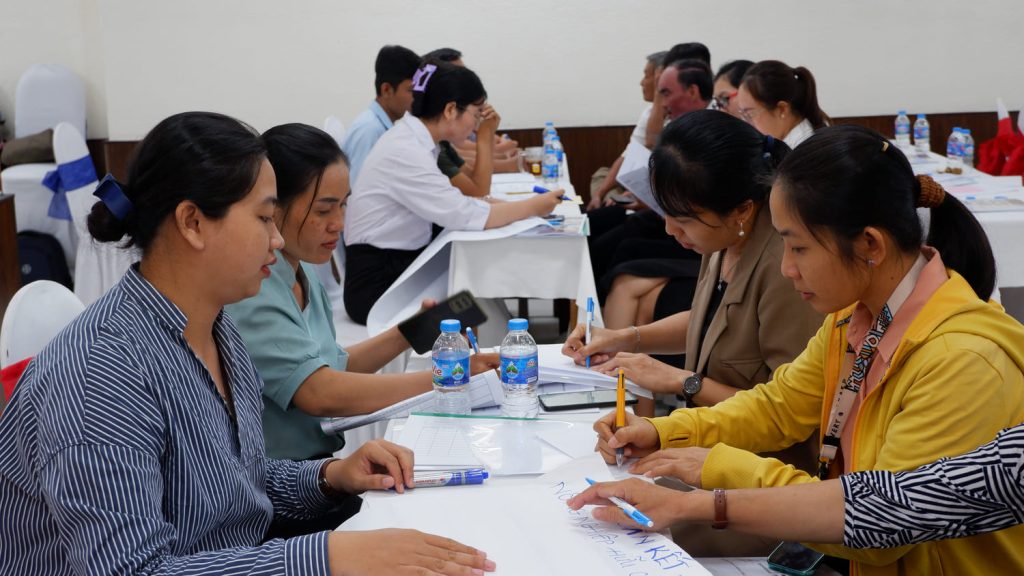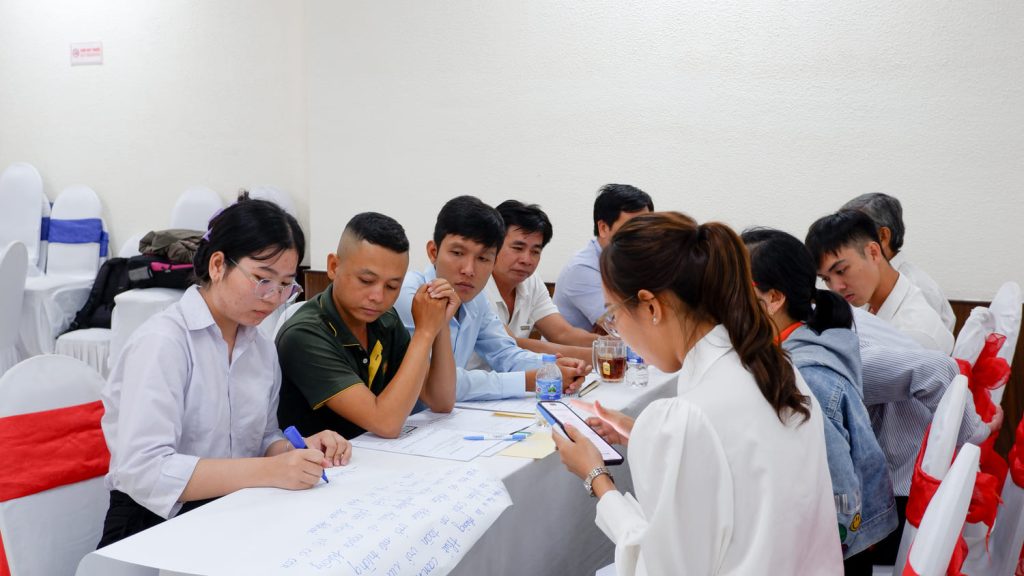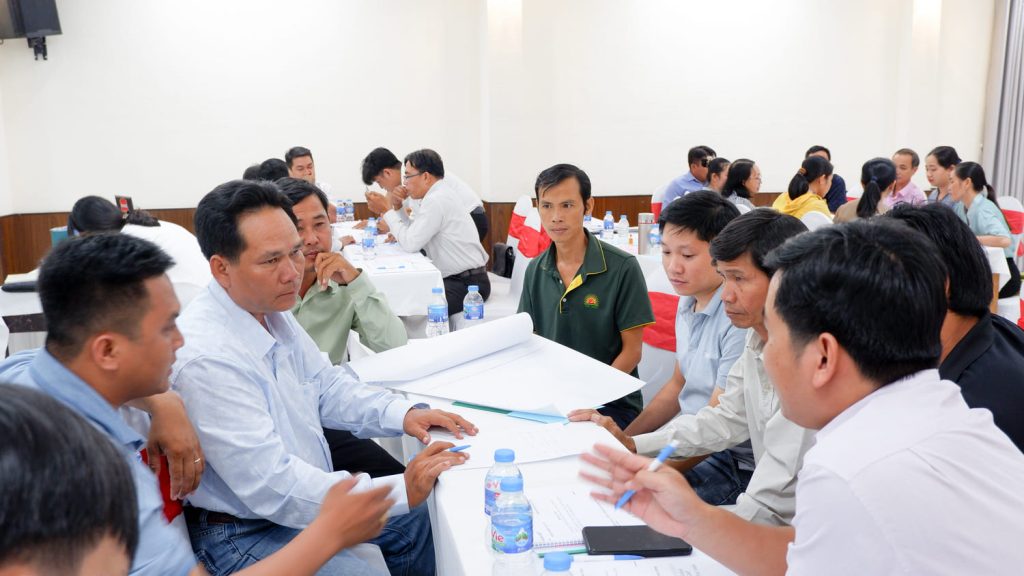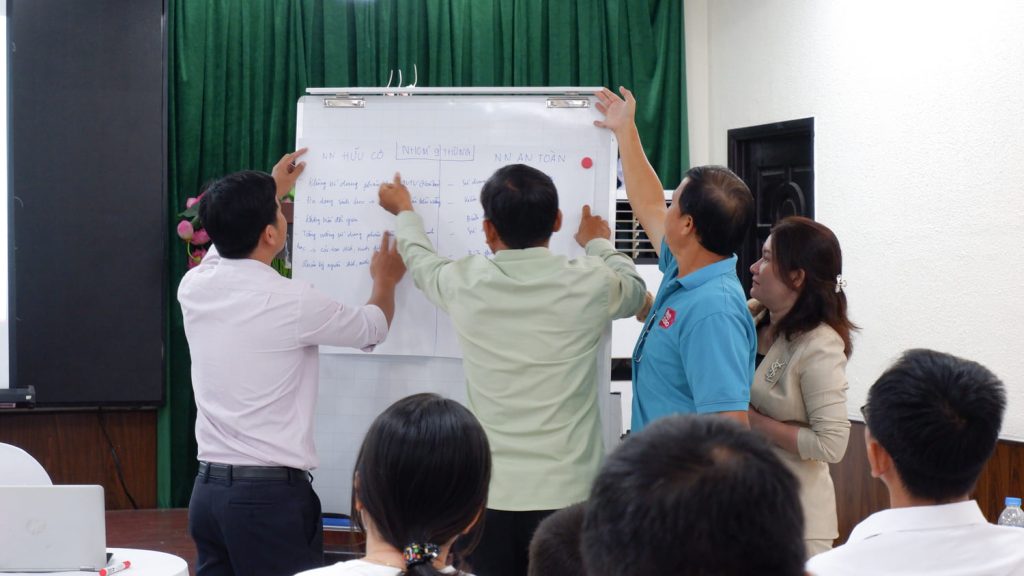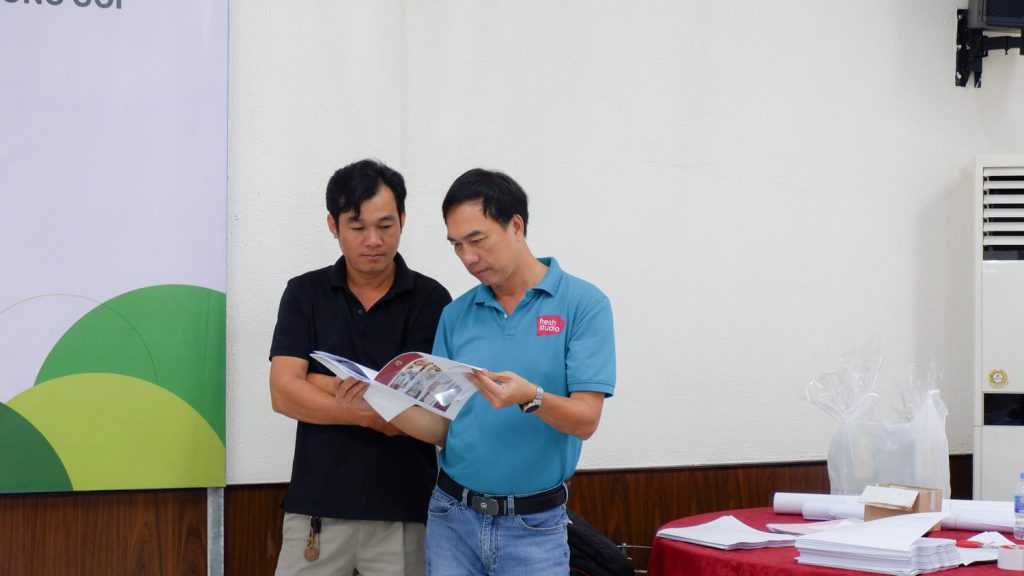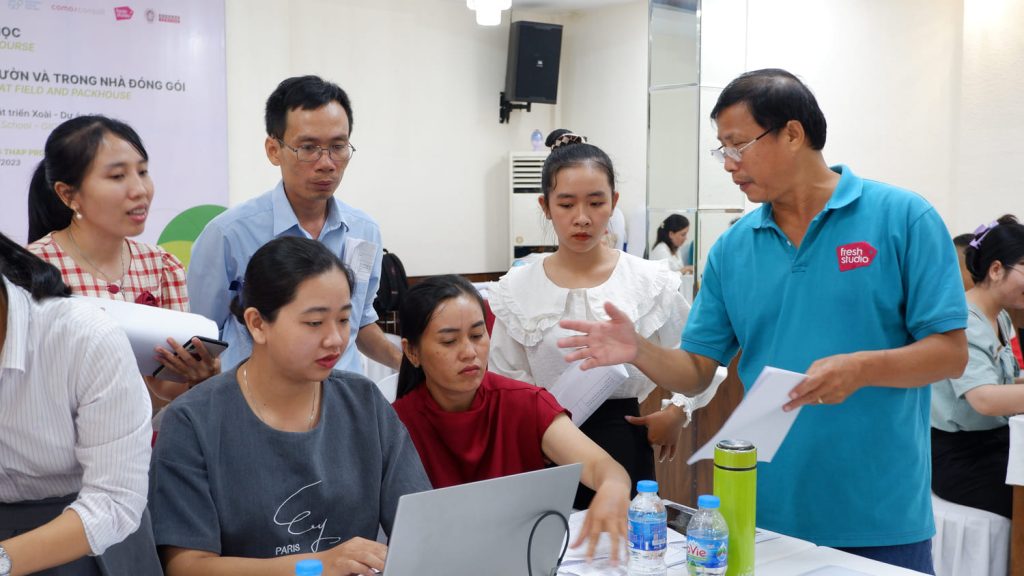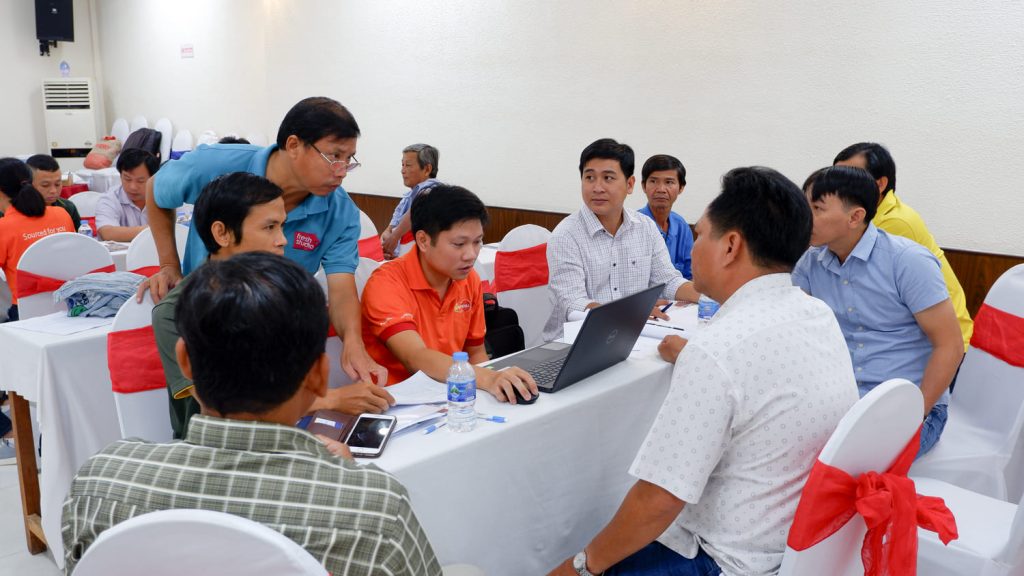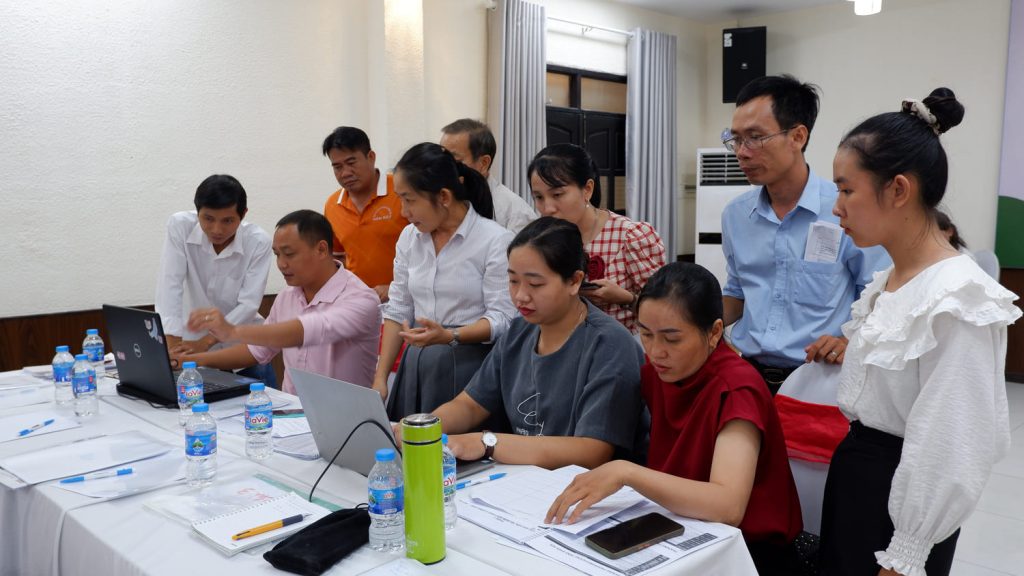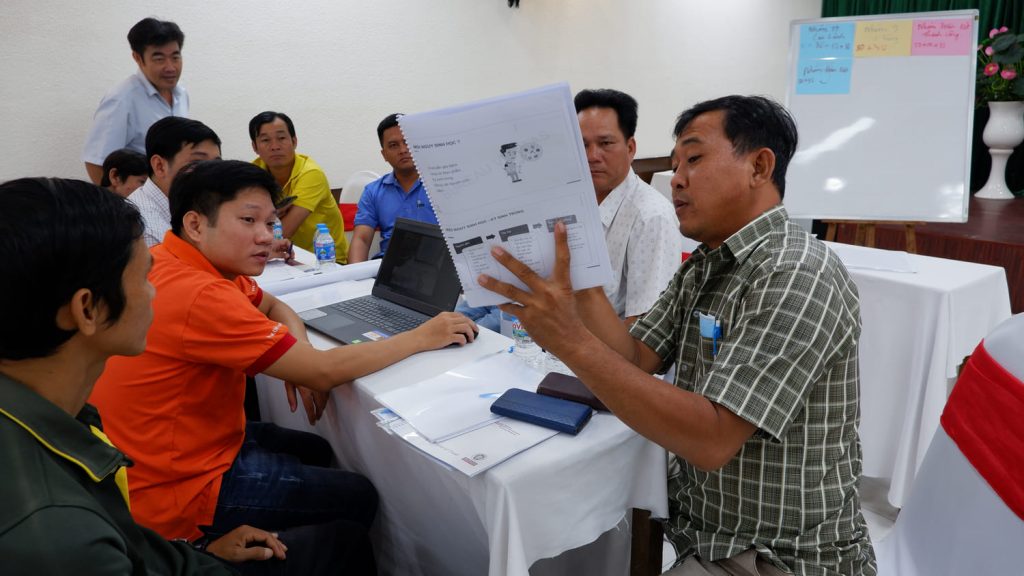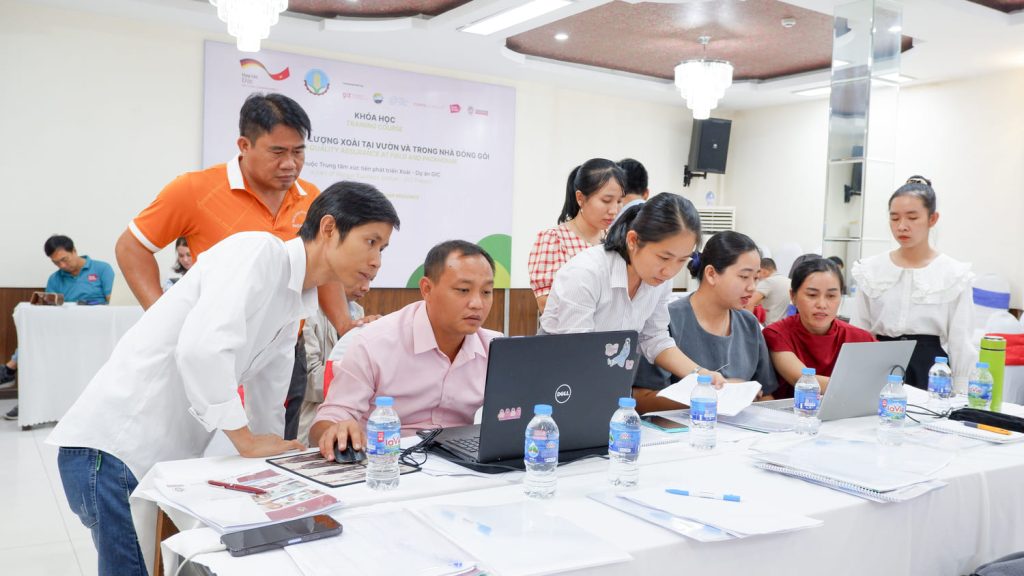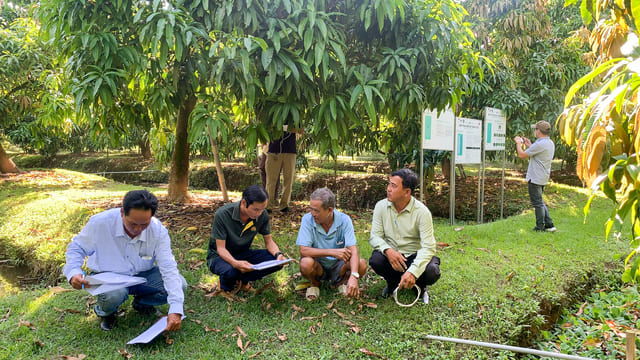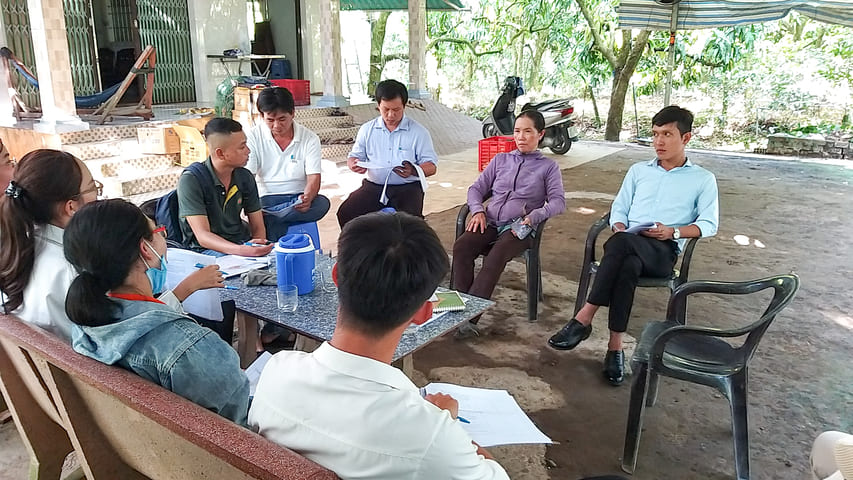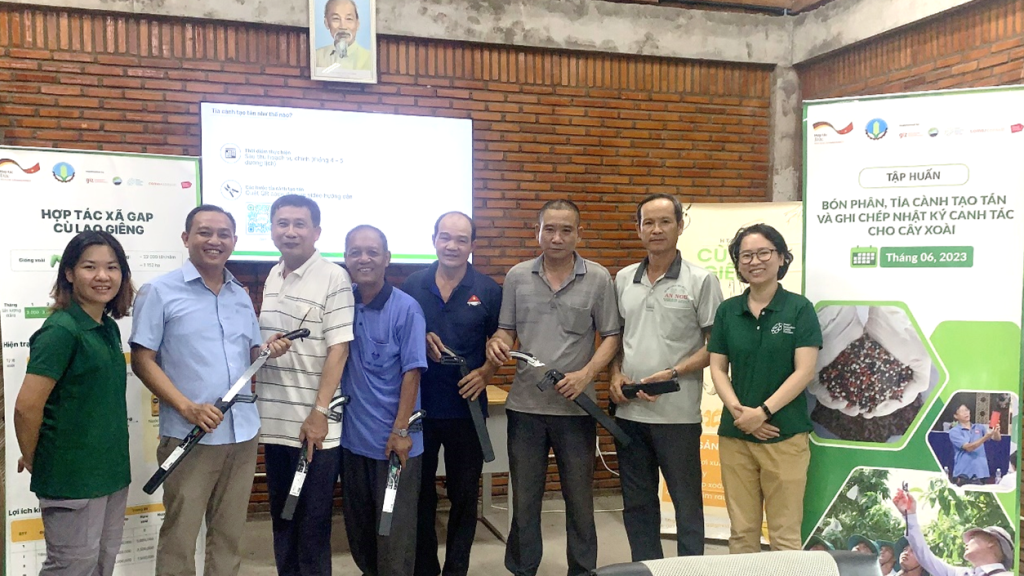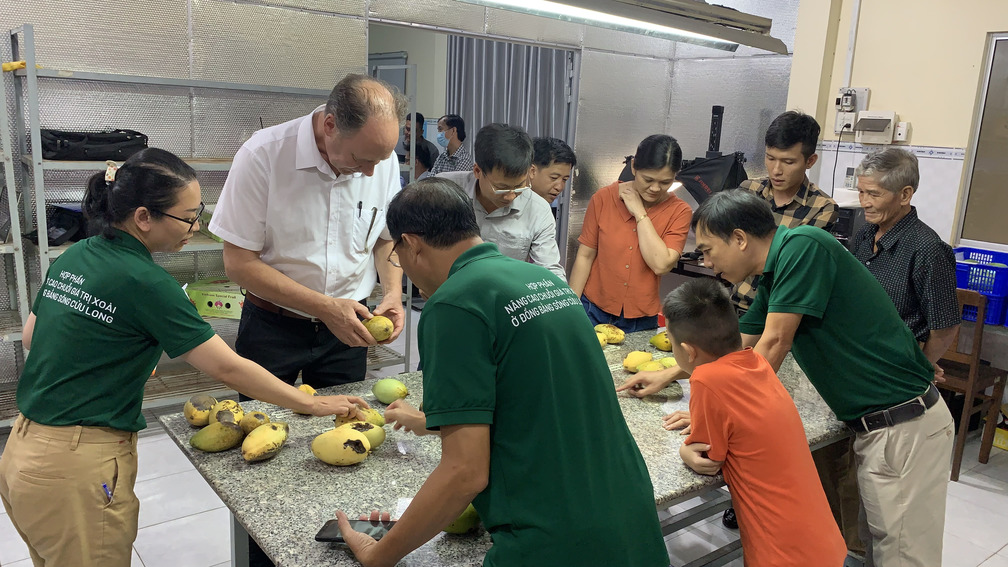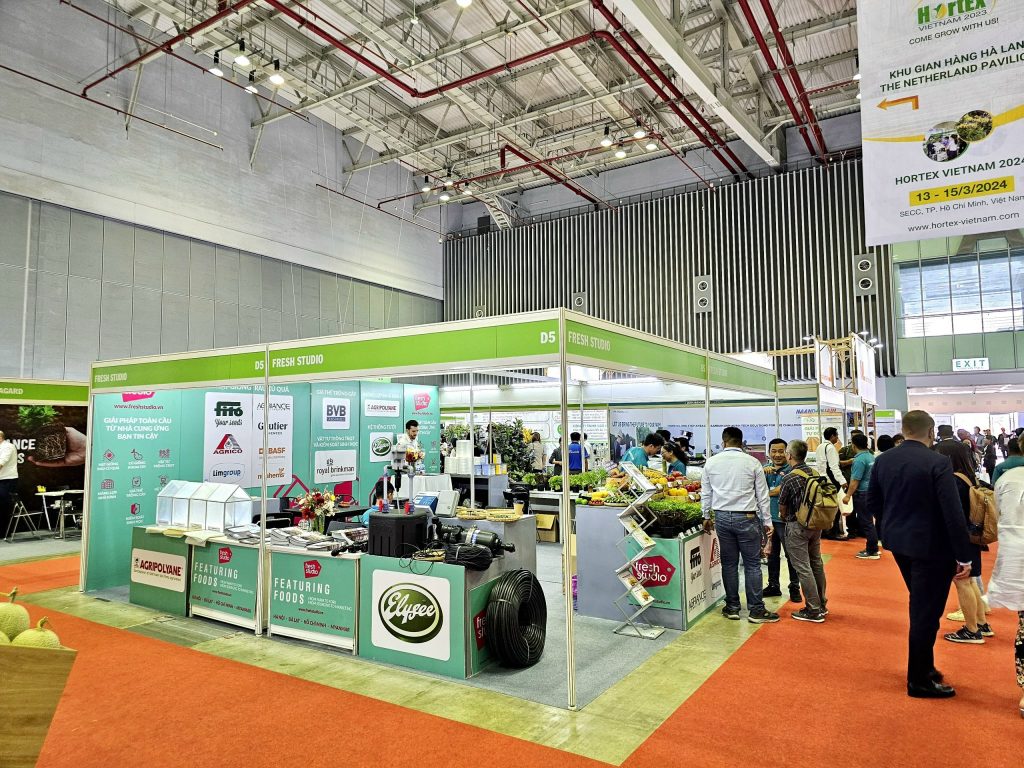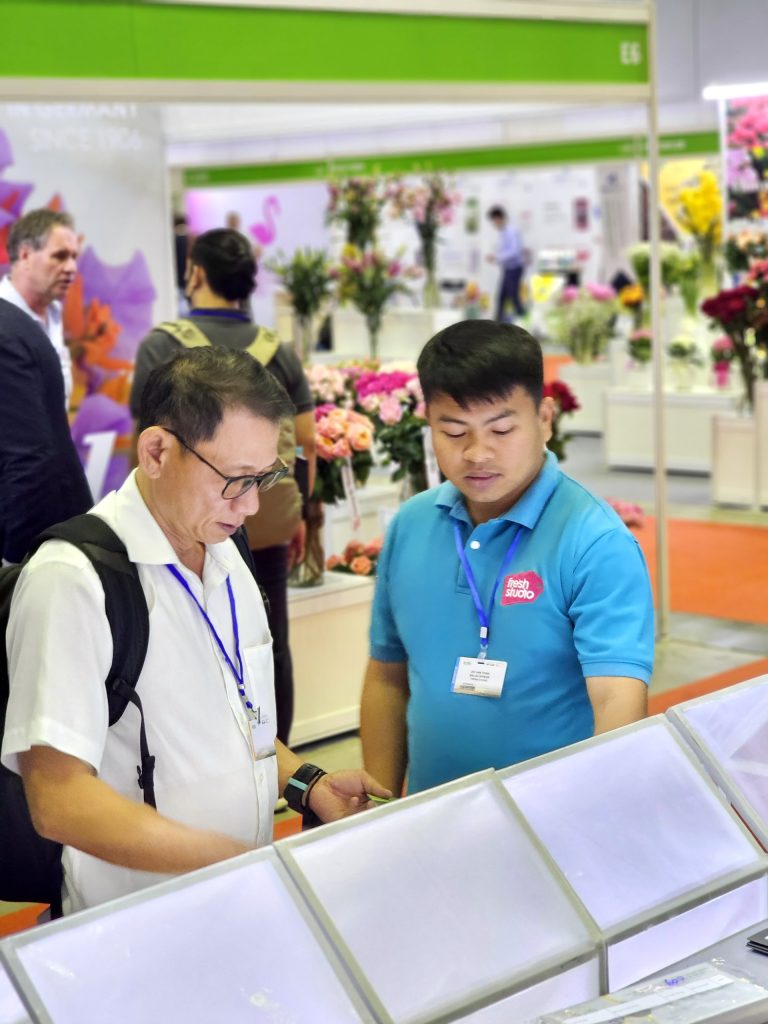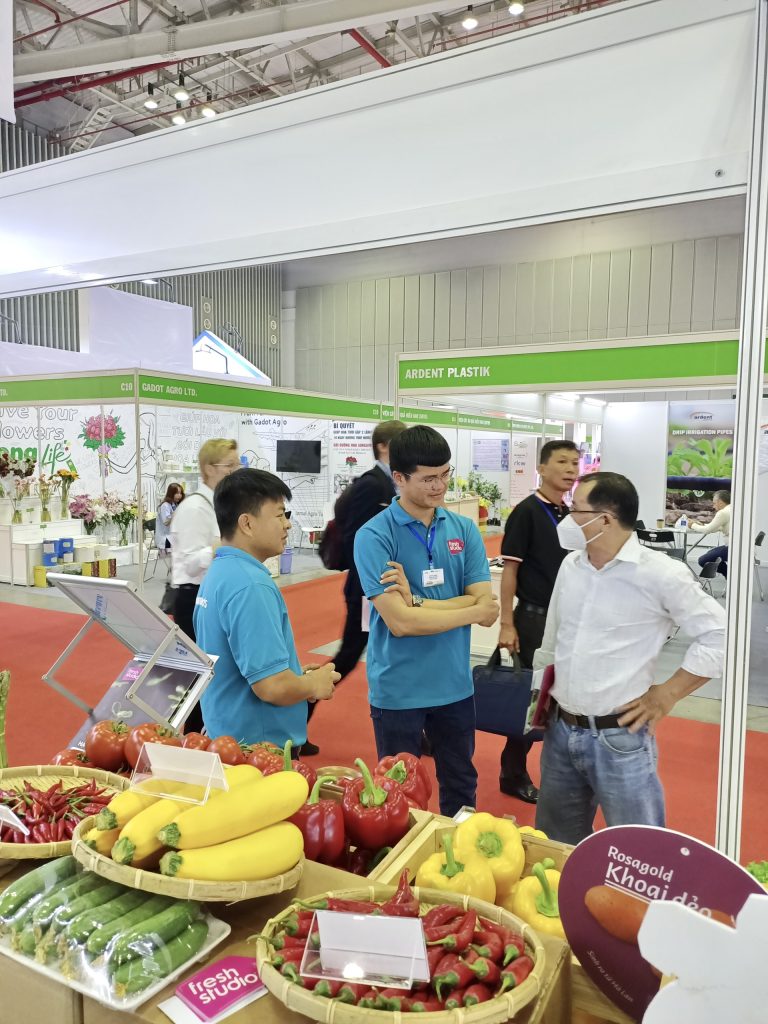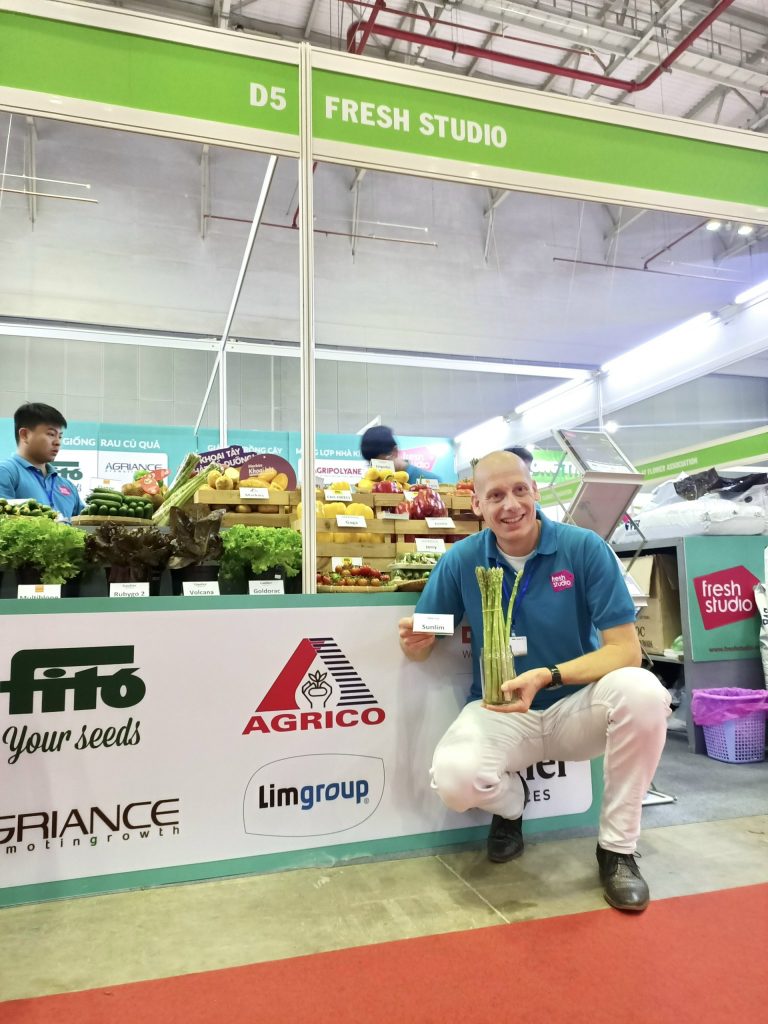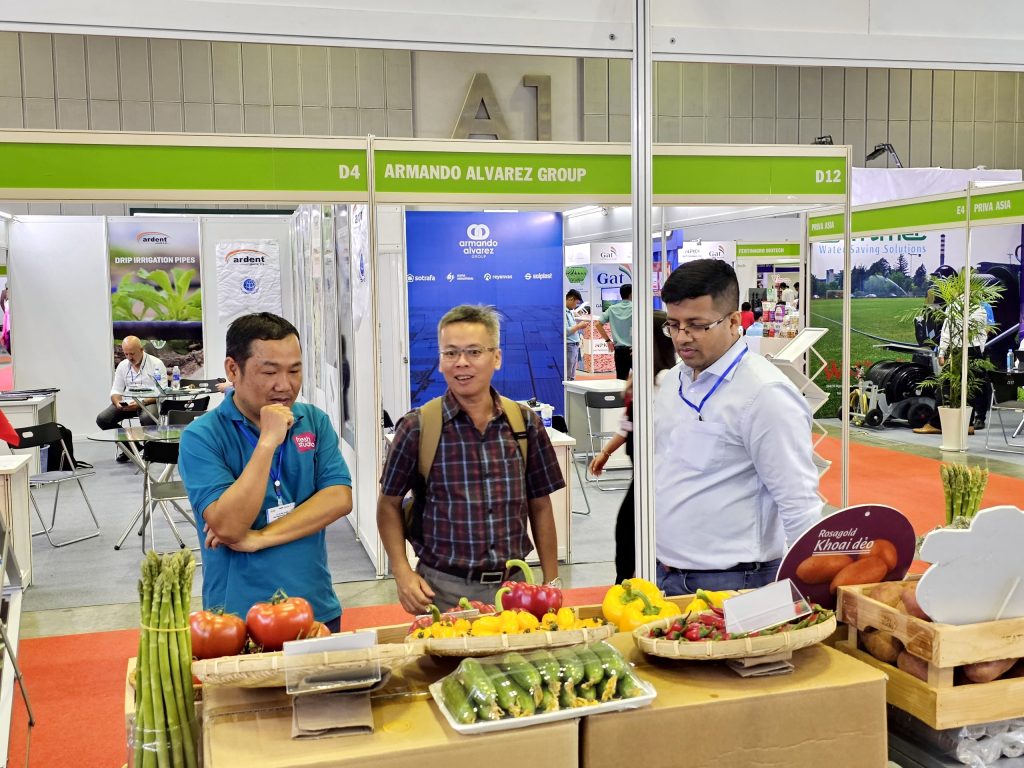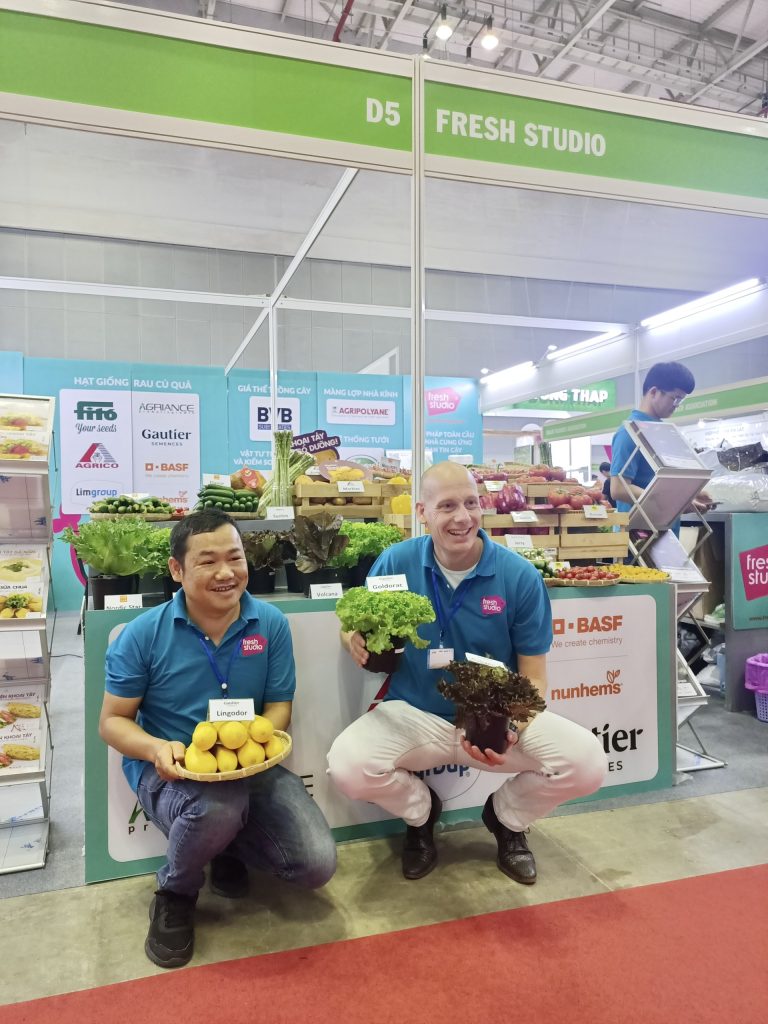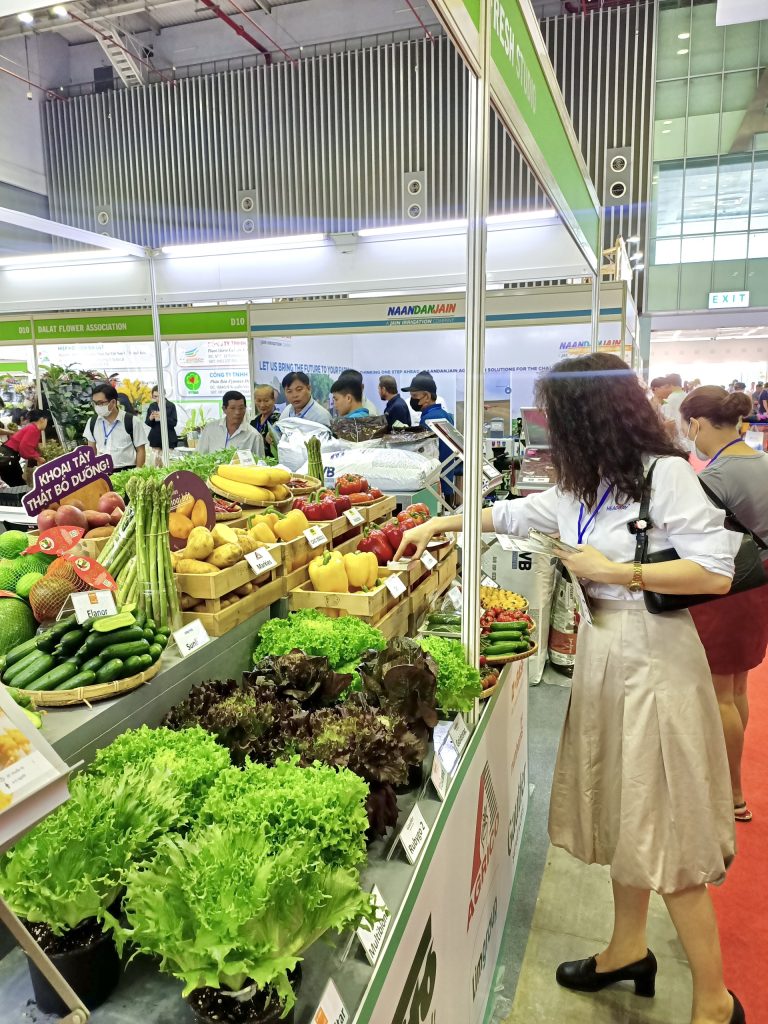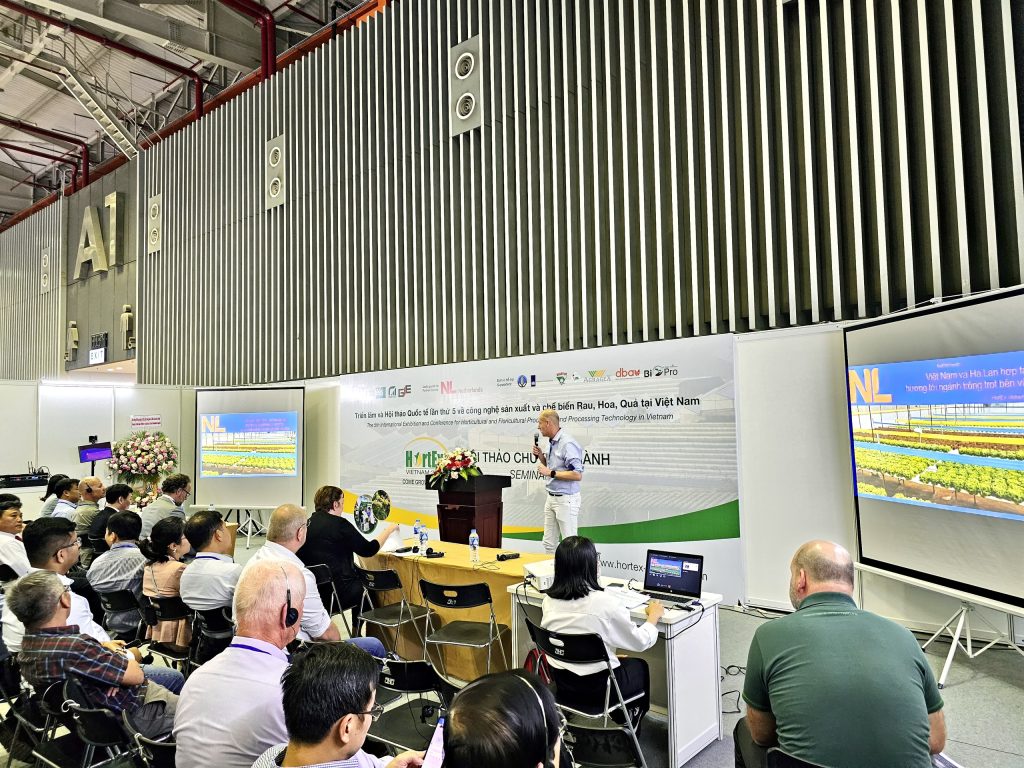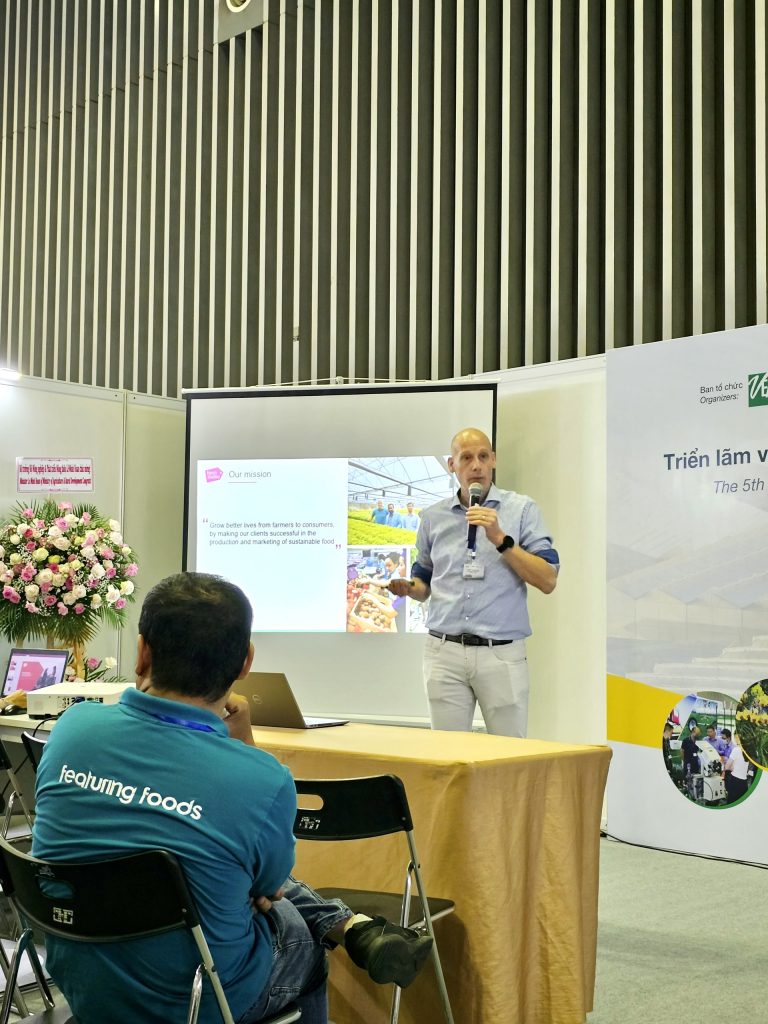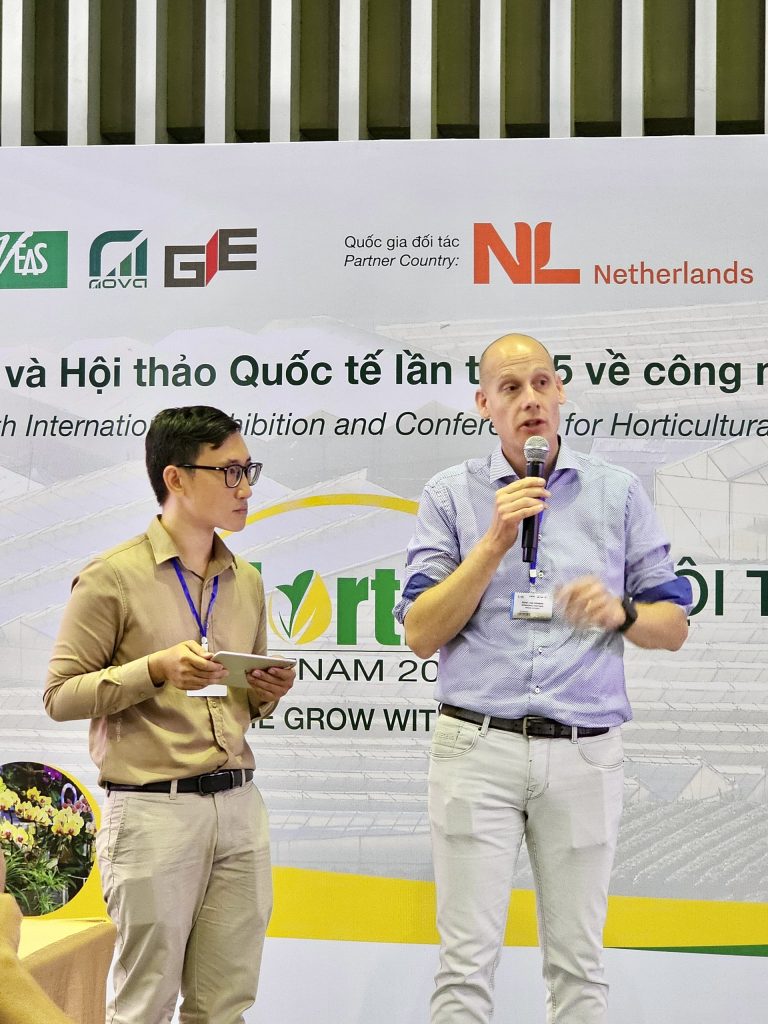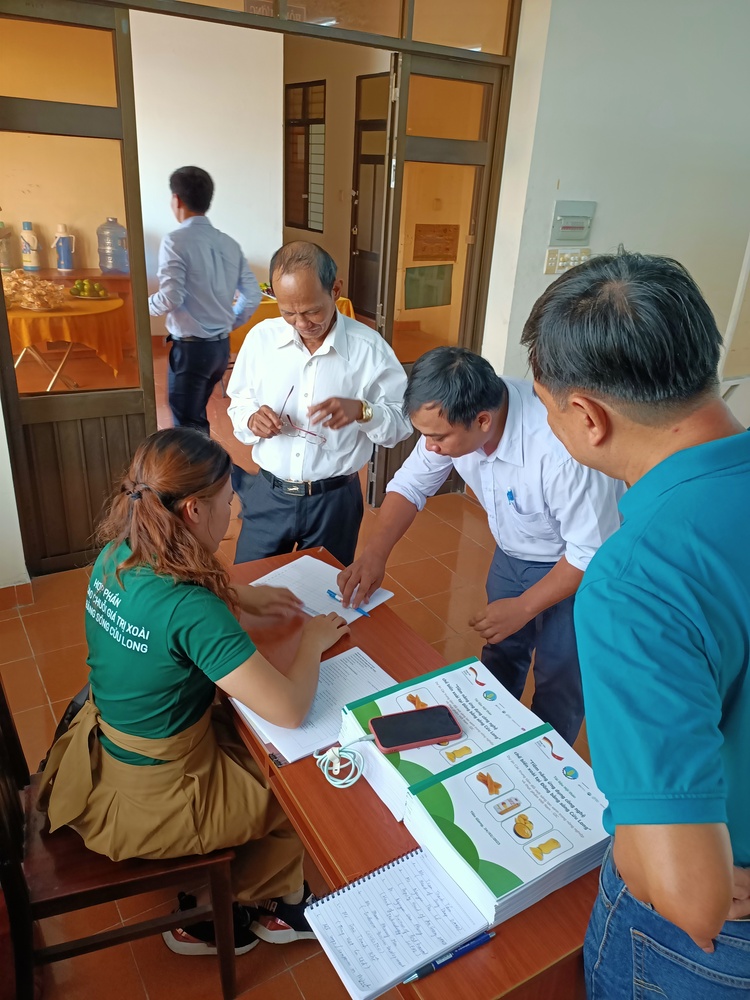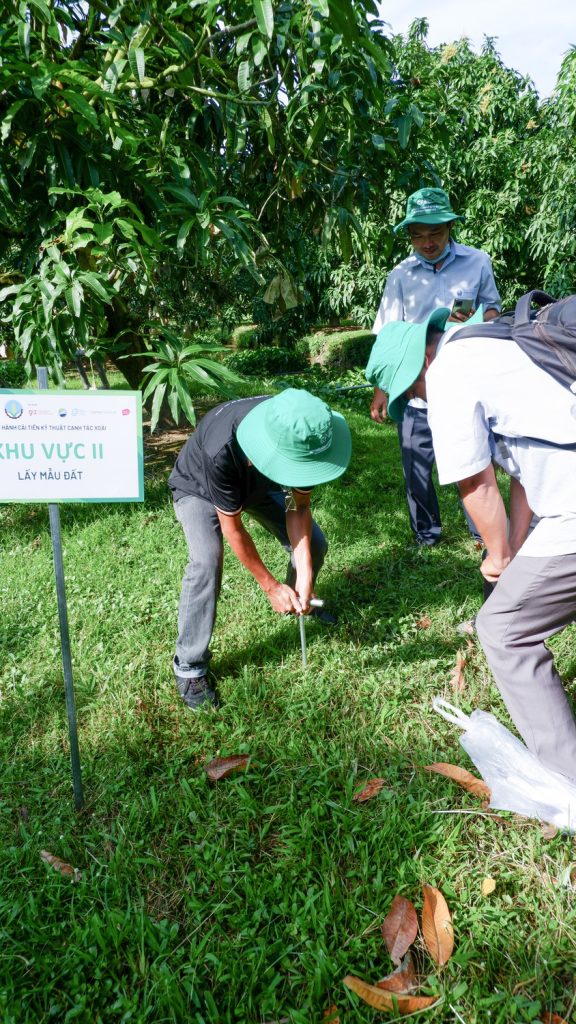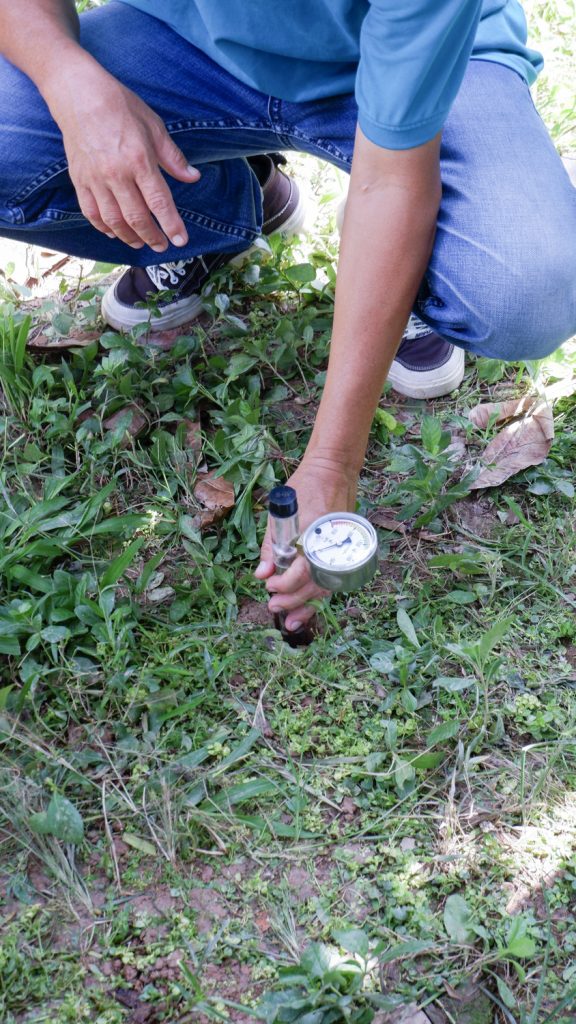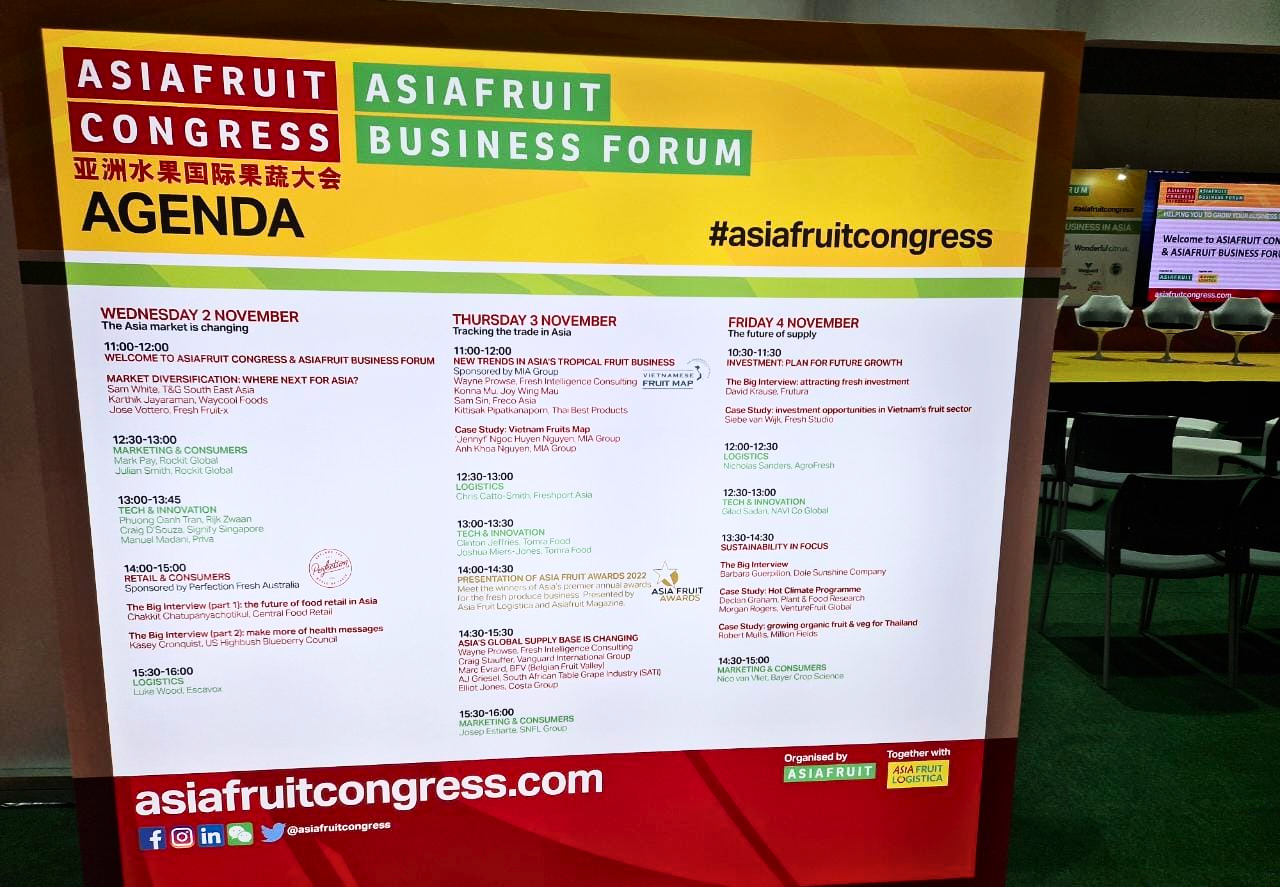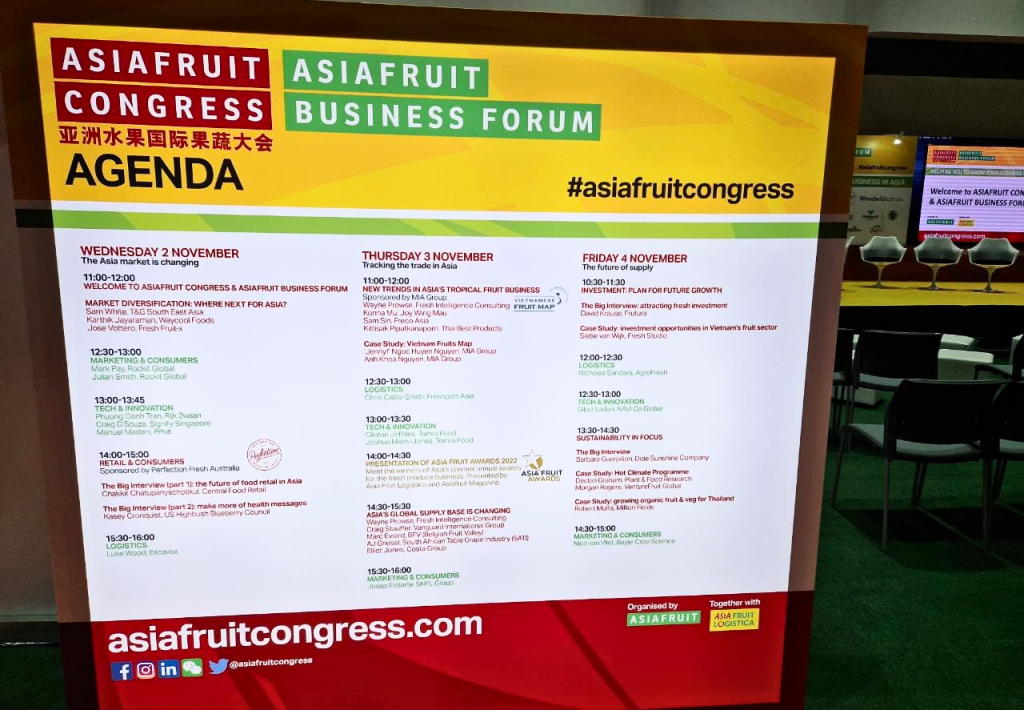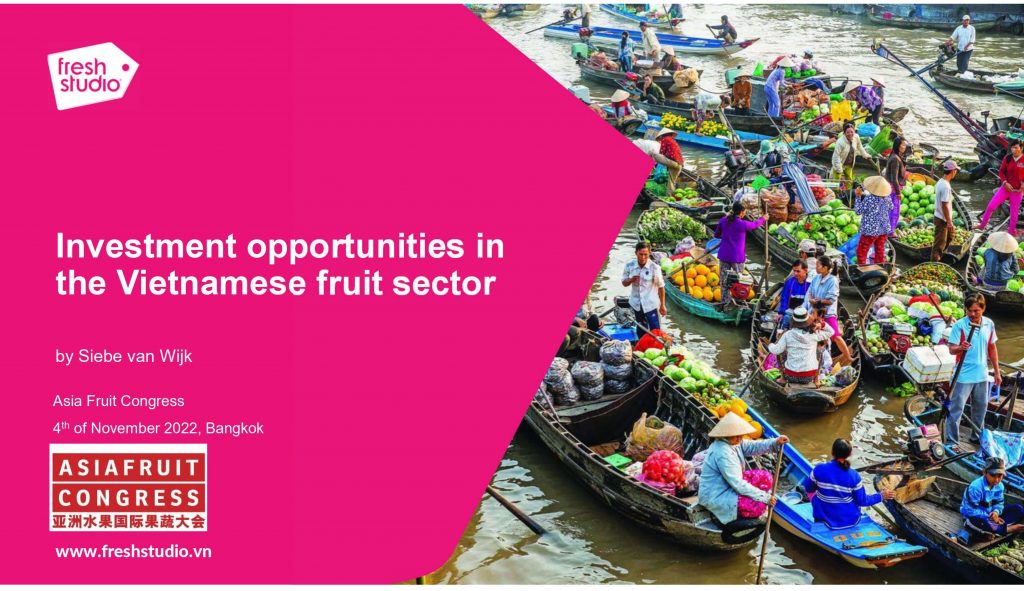On August 24th and 25th, 2023, the Green Innovation Centre (GIC) Viet Nam project, in collaboration with Fresh Studio Innovations Asia Co., Ltd., and Bureau Veritas Vietnam, organized a two-day training course in Cao Lanh City, Dong Thap Province, on mango quality assurance in both the field and the packing house.

The training was attended by 40 participants, including leaders of cooperatives and companies and officials from the Plant Production and Crop Protection Departments, Agriculture Extension Centers, and Agriculture Service Centers, from six provinces of An Giang, Can Tho, Dong Thap, Hau Giang, Kien Giang, and Soc Trang.
Consumer concerns about the quality, safety, and hygiene of agricultural products have made food quality a top priority in the food supply system. To maintain quality, a consistent quality assurance process is required, from the production stage in the field to the packing house, through a system of traceability and farmer management. This is especially relevant for fruits, such as mango, when cooperatives and companies want to enter the international market and gain more value in the domestic market.
The purpose of the training was to enhance the participants’ ability to manage the mango supply and operate the packing house to maintain high-quality mango for both domestic and international markets. The course covered standards from basic (food safety, VietGAP) to advanced (Global G.A.P, organic) for quality assurance in the fields and HACCP for quality assurance in the packing house.
The training was intensive, combining presentations, group discussions, and field trips to mango orchards and packhouses. After the trips, the participants presented their observations and suggestions to improve current practices for better compliance with the standards.
Minh, leader of Long Binh Agricultural Cooperative, shared, “The course brings valuable knowledge and broadens my horizon. Through group discussions and field trips, I can build more connections, learn from others’ experiences, and have a deeper understanding of VietGAP.“
The training is one of the activities of the Strengthening the Mango Value Chain in the Mekong Delta, a component under the GIC Viet Nam project that aims to enable stakeholders throughout the value chain to successfully implement identified innovations to enhance their business in terms of sustainability, climate change resilience, and profitability.
As part of this component, specific trainings were organized for key staff of cooperatives, companies, the Department of Agriculture and Rural Development, and other actors in the mango value chain on key subjects, including production, harvesting, packing, post-harvest management, quality assurance, sales, marketing, and management.
The GIC Viet Nam project is funded by the German Federal Ministry for Economic Cooperation and Development (BMZ).


